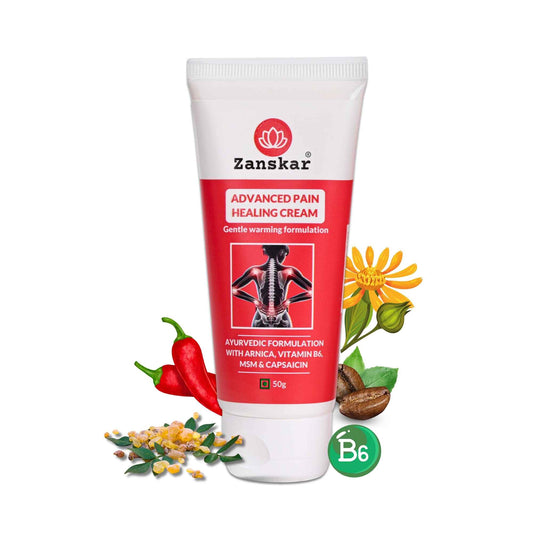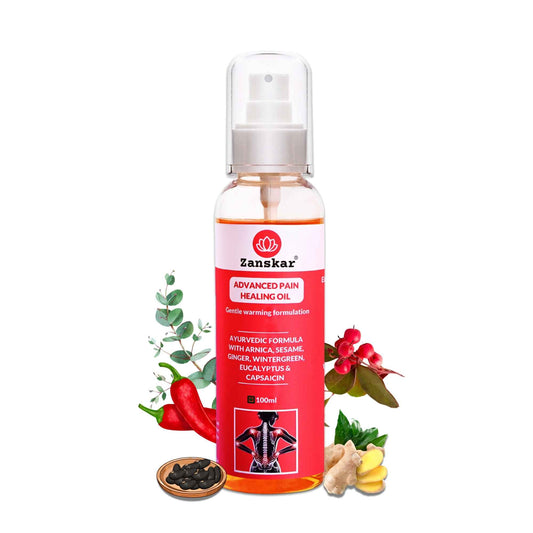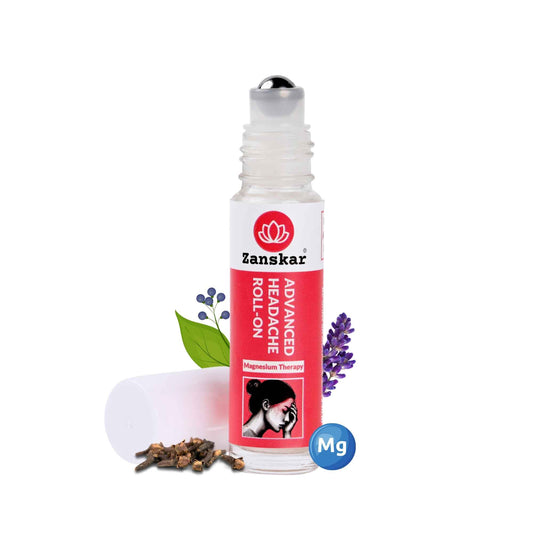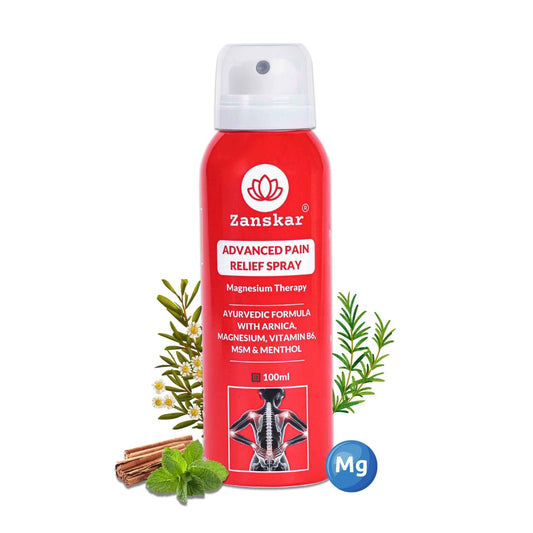
This toxic pain-relieving ingredient has killed 97% vultures in India
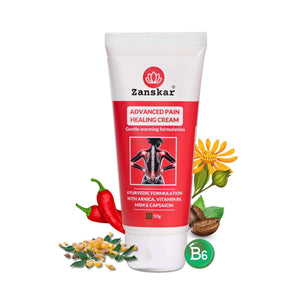
As scavengers, vultures are nature’s ‘clean-up crew’, that devour carcasses of dead animals, thus preventing the spread of infectious diseases. India was once home to about 40 million vultures belonging to nine species. In the last four decades, the numbers have nose-dived to just a few thousand. Four species — white-rumped vultures (Gyps bengalensis), Indian vultures (Gyps indicus), slender-billed vultures (Gyps tenuirostris), and the red-headed vultures (Sarcogyps calvus) — are today critically endangered.
Vultures and Diclofenac: A troubled relationship
In 2006, scientists investigating the massive decline in vulture numbers in South Asia made a startling discovery. They identified that diclofenac, a commonly-used non-steroidal anti-inflammatory drug (NSAID), was the culprit. The drug is often used to ease the pain of dying cattle. It is safe for human and livestock consumption but fatal to vultures that eat cattle carcasses containing traces of diclofenac. Consumption of even small quantities of diclofenac causes elevated uric acid levels within the blood of vultures. It then leads to the deposition of uric acid crystals on and within the internal organs, resulting in kidney failure and death.
The discovery was soon followed by a ban on the use of diclofenac for veterinary purposes, and the decline in three species of endangered Gyps vultures slowed down.
Are India’s vultures safer than before?
Not really.
However, people circumvented the ban and bought multiple vials of the drug meant for humans, for their cattle. In 2015, the sale of multi-dose vials of diclofenac was also banned to prevent its misuse. But, have these bans helped in keeping this vulture-toxic drug at bay? No.
In a recent study, they found that the vulture-toxic drug diclofenac, now banned for veterinary use, was readily available in India. Most of the available alternatives to diclofenac were also toxic to these birds, highlighting the immediate need to ban them.
The six-year-long study, conducted between 2012 and 2018, involved researchers from the UK, India, Nepal, Bangladesh, and Australia.
“We were aware that despite the ban, diclofenac was available to vets and livestock owners in India,” says John Mallord, the corresponding author of the study. He is a conservation scientist at the RSPB Centre for Conservation Science, UK. In the current study, published in the journal Bird Conservation International, Mallord and other researchers partnered with conservationists from the Bombay Natural History Society (BNHS).
The lurking dangers of other NSAIDs
Not only diclofenac, but most of the widely-used veterinary NSAIDs, like ketoprofen, aceclofenac, nimesulide, and carprofen, are known to be toxic to vultures. So far, meloxicam is the only NSAID that has been proven safe for vultures. Conservationists are rooting for the use of this drug as an alternative to other NSAIDs.
The current study found that, despite the ban, there has been little success in actually taking diclofenac off the shelves of pharmacies. Throughout the survey, conducted in Uttar Pradesh, Gujarat, Assam, Madhya Pradesh, Jharkhand, and Uttarakhand, the trends in the availability of NSAIDs varied. In 2012, diclofenac was the most sold NSAID in India. Although its sales dropped over time, thanks to awareness campaigns against its use, they are still sold. In contrast, diclofenac has virtually disappeared from Nepal and Bangladesh; import of the drug from India remains the primary concern now.
The threat of NSAIDs to vultures may not be limited to South Asia. Vulture populations are already declining in countries in Africa and the European Union, for many reasons and the wide availability of toxic NSAIDs could potentially add to the problem. “So far, deaths of vultures through diclofenac poisoning have only been confirmed in South Asia. However, we know that this drug is used by veterinarians elsewhere in the world where vultures occur”.
With India’s vulture population on the edge of extinction, the availability of toxic NSAIDs, as found in the study, is a ticking time bomb.
Is diclofenac safe for human consumption?
While research on the long term side effects of diclofenac is limited, it has been found by various studies that diclofenac tablets and capsules can cause an ulcer in your stomach or gut if you take them for a long time or in big doses, or if you're elderly or in poor general health. Your doctor may tell you not to take diclofenac if you have a stomach ulcer or have had one in the past.
Learn More About Zanskar Health
If you have joint or muscle pain that makes it hard to move, Zanskar offers the most advanced full stack pain relief solutions for you.
Now available to purchase, Zanskar® Advanced Pain Care Products have a unique formulation of natural bioactive ingredients and provide lasting relief from muscle and joint discomfort that you can feel good about. Importantly, all our products are free from diclofenac.
Get your fix before stocks run out - buy now.
You can also gain access to therapeutic exercises and stretches for your condition by downloading the Zanskar Health physiotherapy mobile app. Additionally, you’ll have a personal care team to guide, support, and tailor our program to you, including behavioral and nutritional coaching.
Download our mobile app here 👉 download and track your exercise streak.
Medical Review: This article is written by Dr Nishtha Mittal (Senior Health Content Editor at Zanskar Health) and has been medically reviewed by the medical team at Zanskar Health. This article and its contents are provided for educational and informational purposes only and do not constitute medical advice or professional services specific to you or your medical condition.




